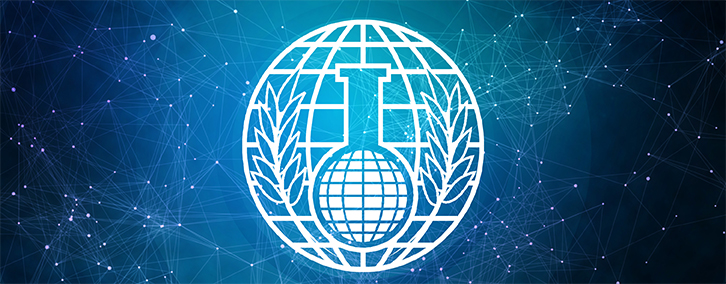In accordance with the Chemical Weapons Convention (CWC), the Organisation for the Prohibition of Chemical Weapons (OPCW) leads international inspections and investigations and enforces the CWC Treaty. Since first achieving certification in 2003, LLNL is one of just two U.S. laboratories accredited by the OPCW to analyze environmental samples from suspected chemical weapon production facilities. We are also one of four U.S. laboratories certified since 2017 to analyze biomedical samples in support of chemical weapon agent (CWA) exposure assessments. Our work in improving analysis methodologies for detecting as well as developing environmental, safety, and health protocols for handling and synthesizing CWAs has made the FSC a valuable resource in eradicating chemical weapons.
The FSC is expected to achieve high scores on OPCW’s annual proficiency tests, averaging “AAB” grades or better. In 2022, the FSC earned its thirteenth consecutive “A” grade [delete old Newsline link or insert most recent Newsline article from from the OPCW. “Says FSC Director Audrey Williams, “Our work with OPCW is both exciting and technically challenging. This work is a great opportunity to apply the state-of-the-art chemical analysis capabilities of the FSC in support of an important international organization supporting the prohibition of chemical weapons around the globe. Earning an ‘A’ grade for thirteen consecutive environmental proficiency tests is an impressive feat that demonstrates the experience, skill, and dedication of our FSC team.”
Maintaining this accreditation requires the successful completion of complex, fast-turnaround proficiency tests to identify the contents of samples spiked with unknown chemical compounds. Striving for success, even when the tests become more difficult each year, pushes FSC staff to continually extend the Center’s capabilities in analytical chemistry. The FSC must be able to detect minute amounts of chemical warfare agents, precursor compounds, and their decomposition products. Learn more about the rigorous certification process.
For Further Reading
- Trocylation of 3-quinuclidinol, a key marker for the chemical warfare agent 3-quinuclidinyl benzilate, for its enhanced detection at low levels in complex soil matrices by electron ionization gas chromatography-mass spectrometry, C.A. Valdez et. al. 2021, Rapid Comm. Mass Spectrom. 35 (15), e9123, https://doi.org/10.1002/rcm.9123
- Analysis of Organophosphorus-Based Nerve Agent Degradation Products by Gas Chromatography-Mass Spectrometry (GC-MS): Current Derivatization Reactions in the Analytical Chemist's Toolbox. C. A. Valdez and R.N. Leif, 2021, Molecules 26 (15), 4631, https://doi.org/10.3390/molecules26154631
- Acylation as a successful derivatization strategy for the analysis of pinacolyl alcohol in a glycerol-rich matrix by GC-MS: application during an OPCW Proficiency Test, C.A. Valdez et. al. 2021, Anal. Bioanal. Chem. 413(12), https://doi.org/10.1007/s00216-021-03296-6
- Methylation protocol for the retrospective detection of isopropyl-, pinacolyl- and cyclohexylmethylphosphonic acids, indicative markers for the nerve agents sarin, soman and cyclosarin, at low levels in soils using EI-GC-MS, Valdez et. al. 2019, Sci. Total Environ. 683, 175-184, https://doi.org/10.1016/j.scitotenv.2019.05.205





